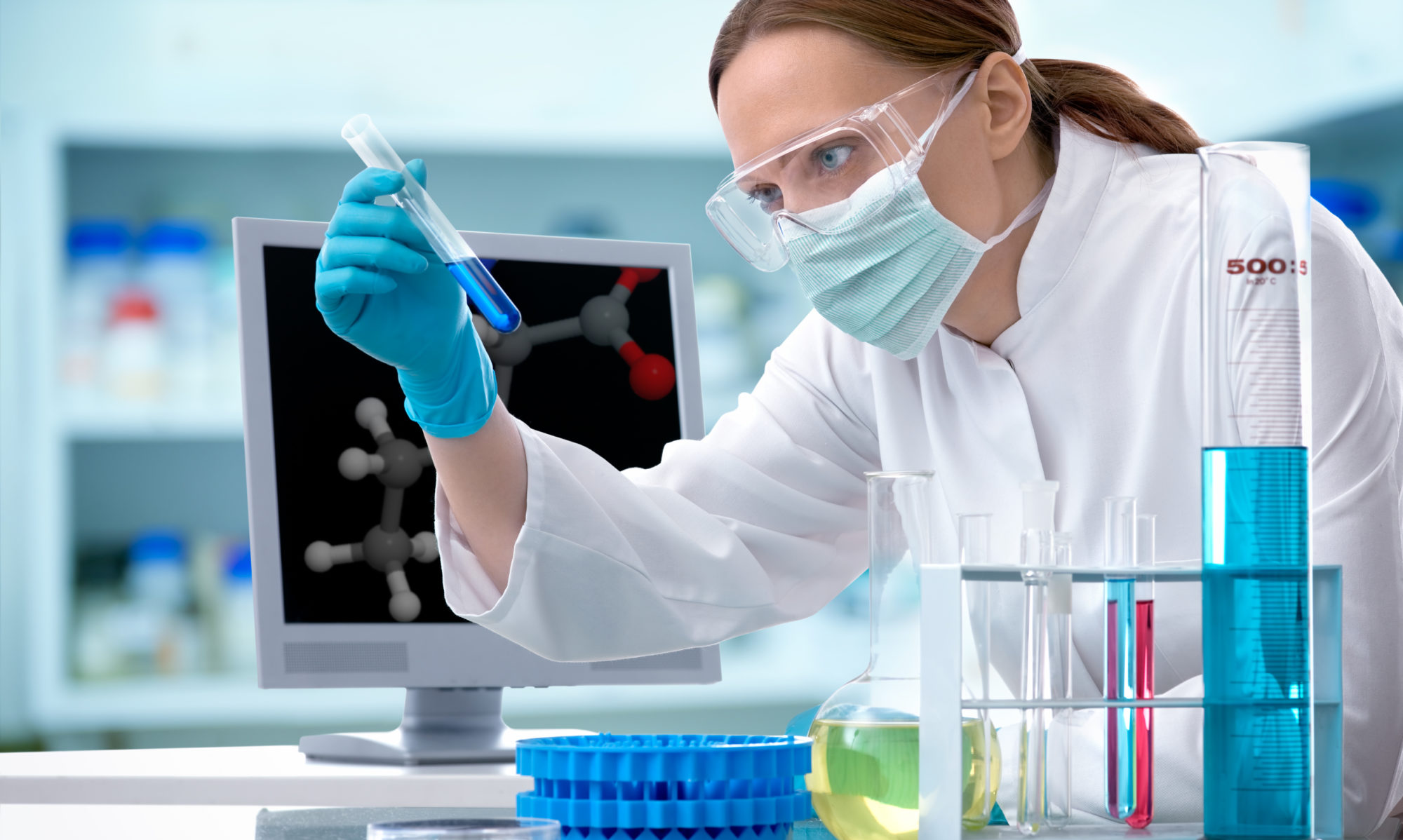The EVPRO project is a 48-month innovation initiative divided into eight work packages. The lean organizational structure allows a balanced definition of responsibilities and efficient project management. The project structure is divided into eight overall work packages consisting of several services and managed by at least one partner institution.

Work package 1 focuses on the ethical requirements and is mainly led by IPT and KHB. All ethical issues according to the national and European Unions‘ regulatory and ethical approval requirements will be obeyed and supervised by the responsible consortium partners. All clinical partners of the project have an Advisory Board for ethics issues in their clinics. The consortiums Advisory Board has to oversee all the ethical aspects relevant to in vivo tests using animals and the bone-marrow aspiration to human donors to isolate MSCs. Key ethical issues will be constantly monitored.
The main objective of work package 2 is the cultivation of MSC for production of functional EVs done by UHE, DCU, TCD and LON. MSC-EVs will be harvested from conditioned media of MSCs raised in static cultures from samples of healthy bone marrow donors. To this end DCU and TCD in close collaboration with UHE will adopt and optimize a HFBR system. At first MSC expansion conditions will be optimized. As soon as at least comparable MSC-EV activities are obtained from HFBR produced MSC-EVs than from static culture produced ones, the system and the protocols will be transferred to UHE for the verification and for the GMP-compliant MSC-EV production to the industrial environment of LON. LON will advise the partners on GMP-compliant manufacturing during the whole application period.
Work package 3 deals with the LOAD System for online quality check developed by DCU and IPT. Within the EVPRO project DCU will develop a microfluidic lab on a disc (LoaD) system, which utilizes diffusion and deterministic displacement effects, to separate EVs between 20 to 1000 nm based on size with sharp resolution, along with integrated immuno-affinity methods for EV QC classification. The great potential of this platform is the integration on a single LoaD platform for isolation and purification of EVs, analysis of required EV surface markers and downstream EV content analysis. IPT will bring the concept out of the lab into a small-scale production. The single wafers of the LoaD system are produced with injection moulding machines and assembled to a LoaD, together with further microfluidic components by the assembly cell. The assembly process will be fully automated and provides a fast and easy upscaling into the small series production.
MEO, STY and DWI aim to develop rough and porous TiO2 coatings on implants in the context of work package 4. The titanium implant surface will be modified with a layer of microporous TiO2. STY will produce titanium samples which will be modified at MEO using a proprietary Plasma Electrolytic Oxidation (PEO) procedure. Within EVPRO MEO will execute the evaluation and selection of electrolytes and electrical parameters suitable for the biomedical application of PEO processing to titan-based implants (Bio-PEO) and will develop a new Bio-PEO coating with optimization of the synthesis variables. The surface and coating morphology will be analyzed regarding their porosity and coating thickness, composition, contact angle goniometry as well as the mechanical properties using tribological tests of the surface area.
Work package 5 implies the Bioactive hydrogel coating with self-regulated delivery of therapeutical MSC-EVs developed by DWI and UMA. DWI will fabricate a biocompatible hydrogel able to sense inflammation markers and react in a proportional and self-adaptive manner. The focus is on the design, synthesis and characterization of MMP-degradable hydrogels. To pin the EVs to hydrogels without disrupting their membrane the partners will develop linkers and study the release kinetics to optimize the process. Degradation of the hydrogels will be programmed in the peptide sequence and optimized the enzymatic kinetics. Hydrogels will be comprehensively characterized. Mechanical properties, which are of primary importance to instruct tissue formation, will be controlled by the degree of crosslinking. Furthermore, biodegradation, cytocompatibility and modulation of inflammation will be assessed by UMA and use it to introduce further optimization.
Preclinical trials will be managed by POL and KHB in context of work package 6. EVPRO prototypes will be preclinically characterized for their in vitro cytocompatibility and anti-inflammatory ability. The in vitro immunomodulatory effect of debris particles deriving from tribological testing of prototypes will be also studied. Both murine (POL) and human (KHB) 3D in vitro osteoblasts/osteoclasts co-culture models will be developed by bioprinting as novel tools to bio-evaluate EVPRO prototypes and debris particles. In vivo trials will be performed in rat model using stainless steel locked intramedullary nail of the RISystem as implant prototypes to simulate hip endoprosthesis stem in mouse femur. Foreign body reaction, osteoinduction and remodeling will be studied after mouse sacrifice.
The goal of work package 7 is the dissemination, valorization, exploitation and IP right protection mainly pursued by IPT. The goal is to provide a strategy for the dissemination and exploitation of the project’s results in order to targeted audiences with the use of adequate media. IPT’s years of experience in successful project management will benefit its role as coordinator when steering and implementing the dissemination activities. Project results will be shared according to the European Standards using the existing open access repository of the partners involved. Furthermore, a strategy for the protection of intellectual property rights will be developed.
Content of work package 8 is to coordinate the efforts of the consortium ensuring the progress of the project according to the work plan and covering administrative, legal andfinancial issues. This includes the coordination of project activities (e.g. periodic conference calls to monitor and evaluate work progress), management of funding finances according to the EC rules, organization of meetings, report to the European Commission and management of the project’s information system and management of documents and information exchange.
